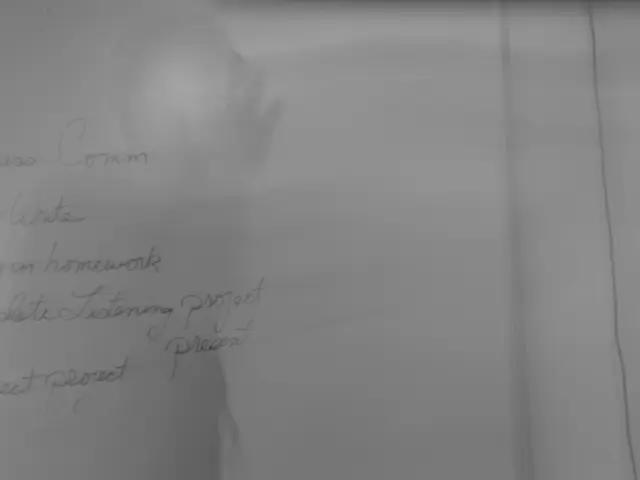Supreme Court Intervenes in School Manuals: Discussions on Homosexuality and Gender Identities
Uncensored, Unfiltered Insight:
The Supreme Court is set to weigh in on a contentious issue this week—the parents' right to choose what their children learn about homosexuality and gender identity in public schools, invoking their religious freedom.
Book bans and censorship are a hot button issue in modern-day America, with conservative states regularly banning books accused of promoting LGBTQ+ ideologies or deemed too explicit. Florida's Republican governor, Ron DeSantis, even signed a law in 2022 prohibiting teaching about sexual orientation and gender identity in elementary schools, sparking widespread criticism.
In the current case, the court is reviewing an appeal from parents in a Maryland county, who object to their kids using books promoting understanding of homosexuality and gender identity in kindergarten and primary school education. After initially agreeing to provide advance notice for parents to opt-out of such lessons, the county later rescinded this option.
The parents argue that the county's action infringes upon their religious freedom, as protected by the First Amendment of the U.S. Constitution. They believe the school authorities seek to undermine their attempts to instill their religious beliefs about sexuality and gender in their children. However, the county maintains that these exemptions were unworkable, resulting in a hike in absenteeism. Previous Supreme Court rulings stipulate that mere exposure to ideas counter to a student's religion does not amount to coercion, a violation of the Constitution. The Department of Justice under the Trump administration backs the parents, condemning the school's intervention in religious freedom.
With a divided court of six conservatives and three progressives, the decision is expected by the end of the current court session in late June.
The Deeper Layers:
Religious Freedom Under Scrutiny: At stake in this case, known as Mahmoud v. Taylor, is the extent of religious freedom protections for parents in public education, particularly when it comes to curriculum content that might clash with their beliefs.
Previous Actions: In late 2022, the Montgomery County Board of Education initiated an inclusive storybook program, featuring books with LGBTQ+ characters. Initially, parents were allowed advance notice and the option to opt their children out of these lessons, similar to sex education classes. However, in 2023, the school district discontinued its opt-out policy, triggering the parents to sue, arguing infringement of their religious rights.
Clashing Viewpoints: The parents assert that by not offering an opt-out, the school district compels them to abandon or alter their religious beliefs, which they connect to the inclusion of these storybooks without parental consent. On the other hand, the Montgomery County Board of Education argues that the books align with educational objectives, aiming to foster understanding and appreciation of diverse identities.
Legal Proceedings: Lower courts have upheld the school district's stance, ruling that exposure to these stories does not force students to change their beliefs about gender and sexuality. During oral arguments, several justices hinted at supporting the parents' call for opt-outs to honor parents' religious rights.
Impact: The Supreme Court's ruling on this case will decide the bounds of religious freedom in public education and whether parents have the power to exempt their children from certain educational materials based on religious grounds. The decision, due by early July 2025, promises to carry significant consequences for religious freedom and parental rights in public schools.
- The Supreme Court's upcoming decision on Mahmoud v. Taylor will determine the extent of religious freedom protections for parents in public education, specifically regarding curriculum content that might conflict with their beliefs.
- In 2022, Florida enacted a policy banning the teaching of sexual orientation and gender identity in elementary schools, a move that spurred controversy over book bans and censorship.
- The ongoing controversy in a Maryland county involves parents who object to their kids using books that promote understanding of homosexuality and gender identity in kindergarten and primary school education. The county initially allowed parents to opt-out of such lessons but later rescinded the option, leading to legal action.
- The general news and education-and-self-development sectors have been impacted by the politics of censorship and curriculum policy, with influential figures like Ron DeSantis taking a stance on these issues.
- The Supreme Court's ruling, expected by late June 2025, will shape the policy-and-legislation landscape, impacting the rights of parents in dictating their children's learning materials based on religious grounds.




